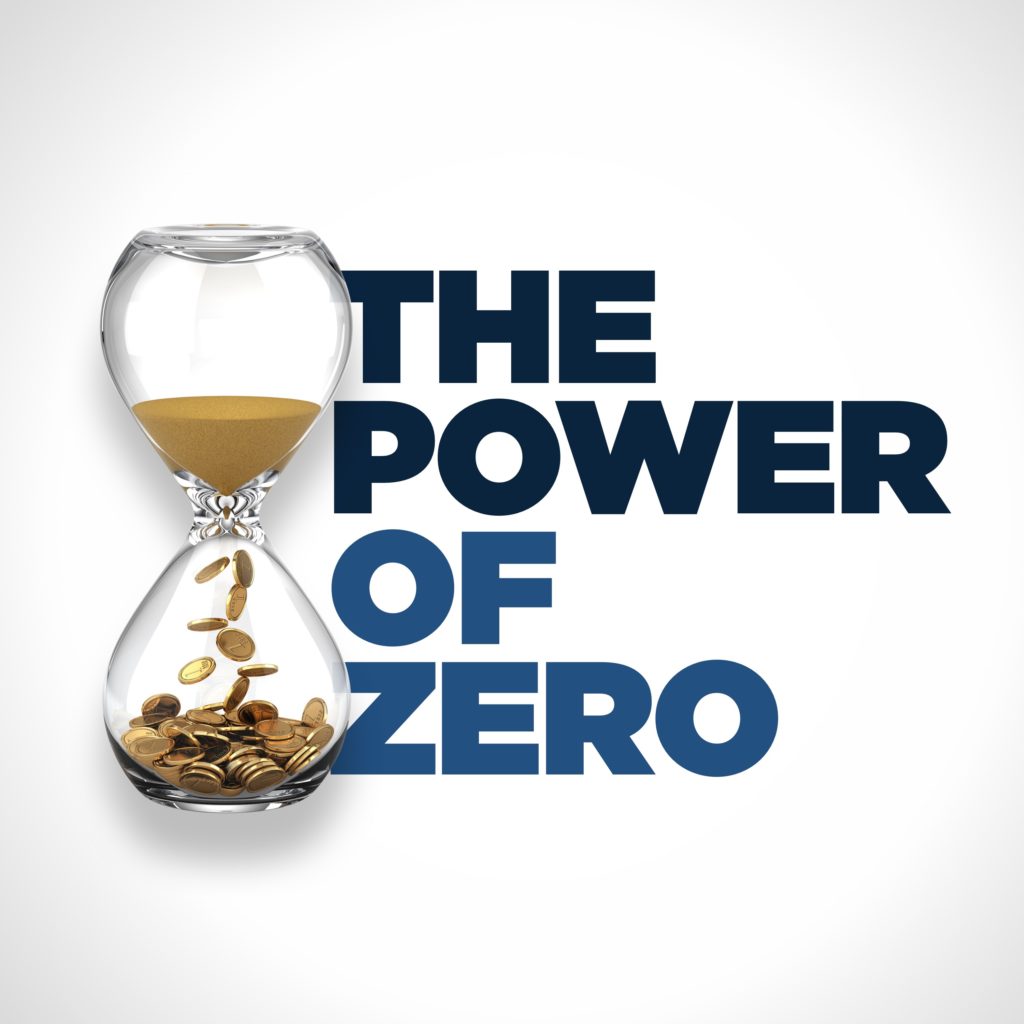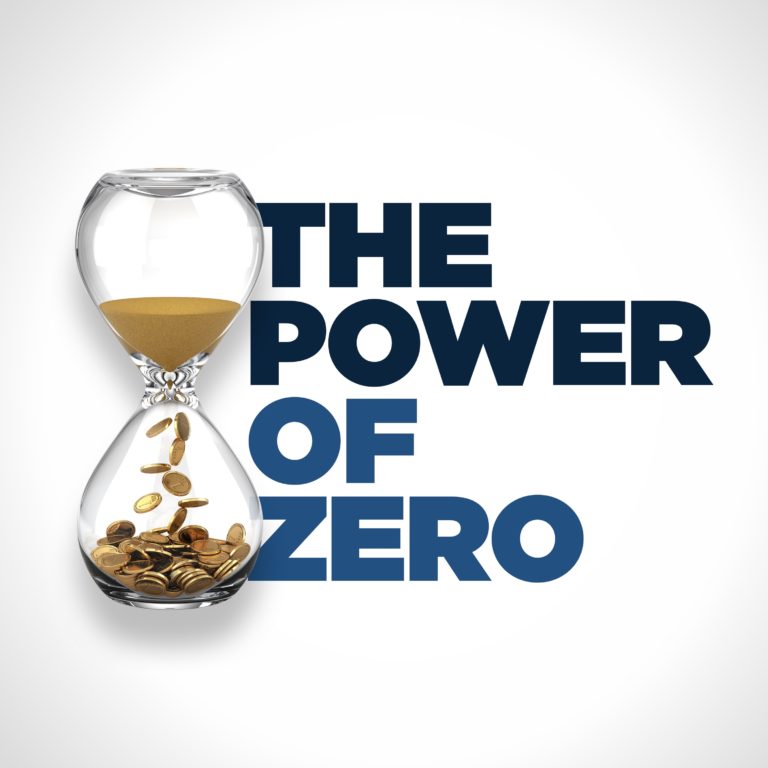Time-segmented investing is a critical concept in the Power of Zero paradigm. The traditional approach says that you can have an investment portfolio balanced in such a way as to protect against systemic risk, but this approach has a serious risk associated with it.
A couple of down years in the stock market during a time when you are withdrawing funds from your portfolio can lead to you running out of money up to 15 years faster than you expected.
The 4% rule is how people typically protected themselves against that risk but changing times have made that rule pretty antiquated. Now it’s as low as the 3% or 2.5% rule. This also means that in order to live comfortably, many people will need considerably more money in their retirement funds if they want to avoid sequence-of-return risk.
During the first ten years of retirement, traditional asset allocation is not the best way to go about funding your lifestyle needs. You need to have six different portfolios that are calculated to produce a certain amount of money at certain times.
Each portfolio should be calculated so that it provides the money you need at specific points of your retirement. This allows you to take an amount of risk commensurate with the time horizon when you will need that money.
If you know how much money you will need in certain years, you can calculate the exact right amount of money you need for each time segment to generate those results.
Anything earmarked for years 11 or later will be placed in a high growth portfolio with a higher amount of risk, because you can afford to take the extra risk.
Given the low risk investments for the first ten years and the higher risk investments after year 11, you end up with a standard deviation similar to a traditional portfolio but you have completely eliminated sequence-of-return risk.
There are also ways to eliminate longevity risk and guarantee a stream of income for your lifestyle needs in retirement. A piecemeal internal Roth conversion inside an annuity is the key, but it does come with some conditions.
If you know from day 1 of retirement that you are going to have your lifestyle needs covered by time-segmented investment for the first seven years, you now have the luxury of taking more risk in the stock market. Sequence of return risk is only dangerous when your lifestyle needs are not guaranteed for the first ten years.



